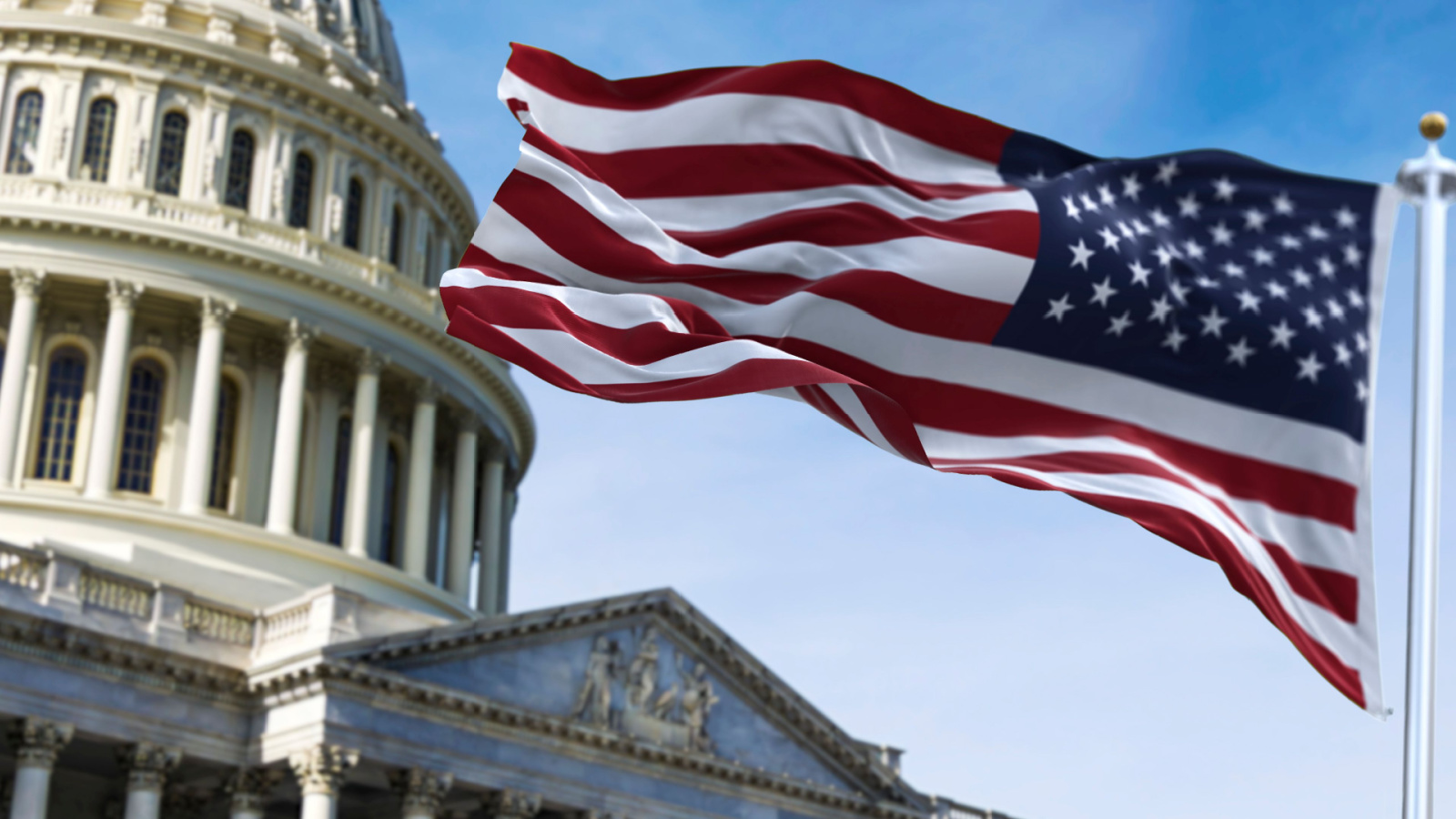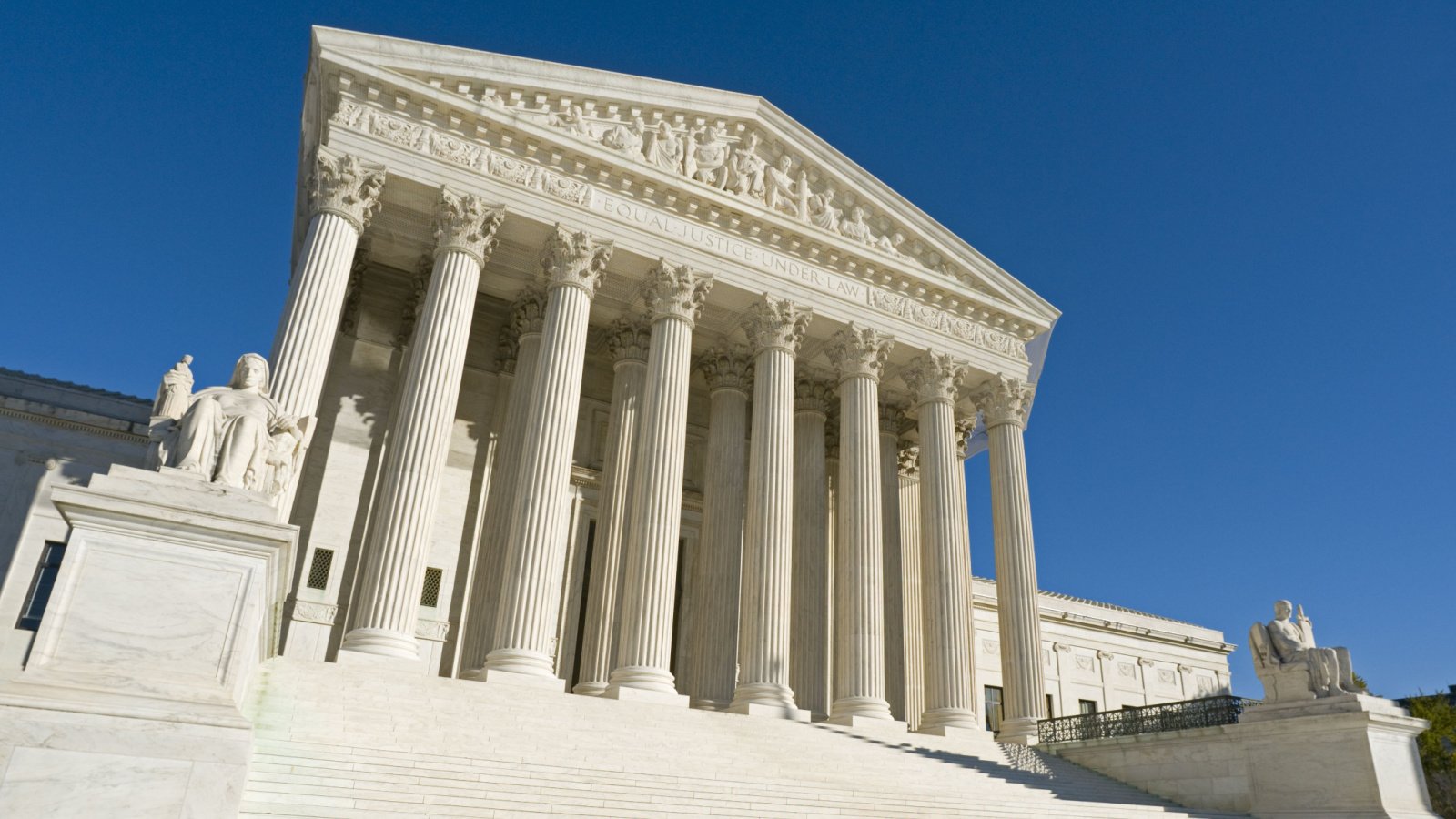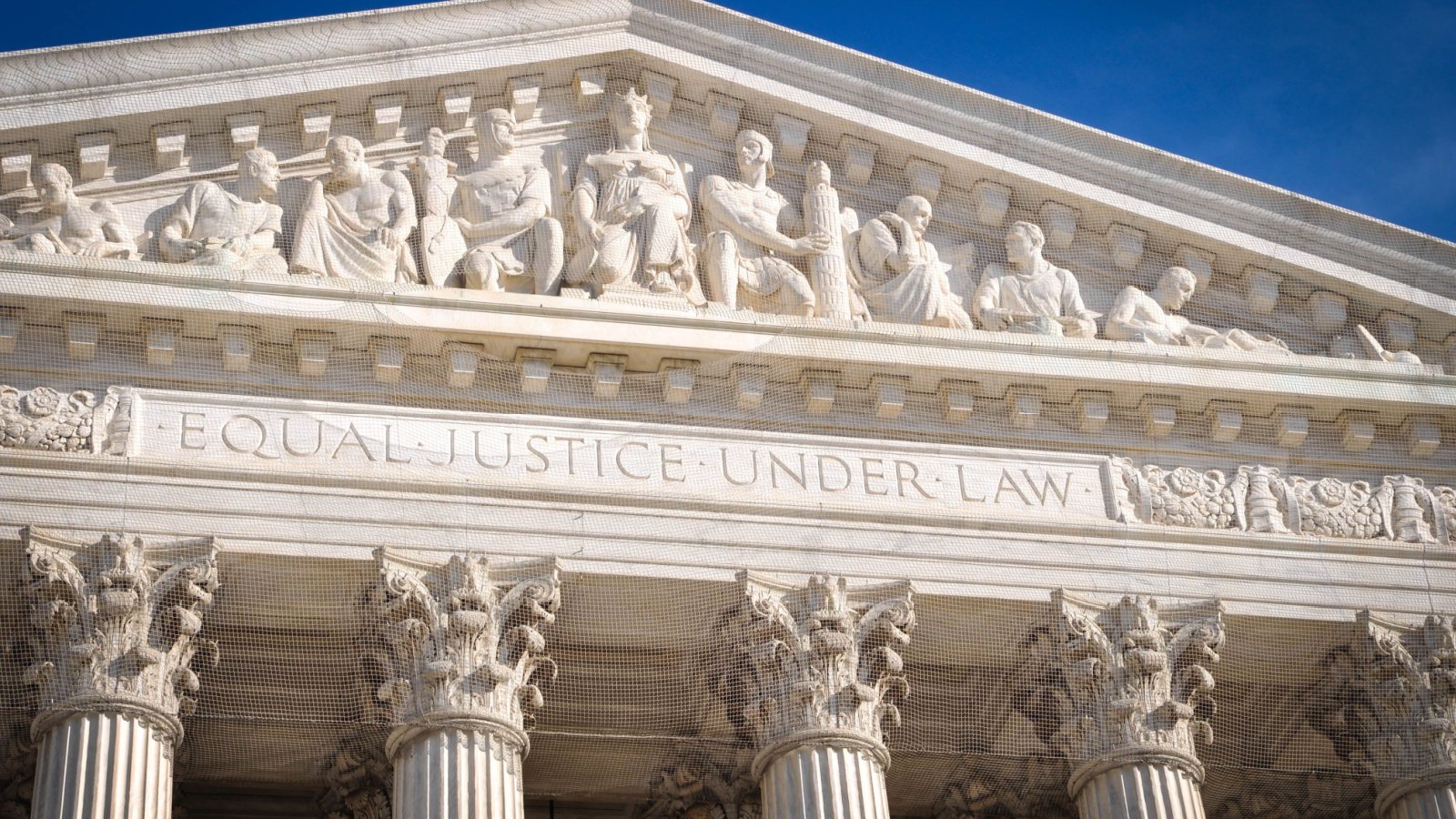In a throwback to a pre-1980 religious and political landscape, a new Louisiana law requires all public school classrooms to display the Ten Commandments from the Jewish Torah and Christian Bible. Louisiana is the first state to mandate this display. Several other states, including Texas, Oklahoma, and Utah, are considering similar bills.
Law Details and Requirements

The new law, signed by Republican Governor Jeff Landry this week, mandates that a poster-sized image of the Ten Commandments be mounted in every public school classroom in a “large, easily readable font.” The law applies to classrooms from kindergarten to universities that receive state funding.
Governor’s Statement

Governor Landry stated when signing the law, “If you want to respect the rule of law, you’ve got to start from the original lawgiver, which was Moses.” According to Jewish and Christian beliefs, Moses received the law directly from God.
Challenges and Support

Bids have already been made challenging the constitutionality of the law. However, supporters of the measure state that the mandate is not based solely or even primarily on religion but on historical significance. The law, as signed, specifically states that the Ten Commandments represent “foundational documents of our state and national government.”
U.S. House of Representatives Context

The U.S. House of Representatives’ Voting Chamber is flanked by images and sculptures of history’s great lawgivers, including Moses’s likeness featuring front and center above the Speaker’s chair and also above where the President and other premier guests of the House of Representatives address both Chambers of Congress as well as the Supreme Court and President’s Cabinet.
Context Statement

In addition to featuring legible, large font, the posters displaying the Ten Commandments must also contain, by law, a four-paragraph “context statement” describing the Commandments’ historical significance.
Educational History

The context statement conveys that the Ten Commandments “were a prominent part of American public education for almost three centuries.”
Implementation Date

The mandated display will go into effect in January 2025, in the second half of the approaching school year.
Funding

Additionally, to ward off additional litigation and stay free from conflicts, taxpayers will not be forced to pay for the posters against their judgment. Instead, all funds needed will be raised by donation.
Additional Displays Permitted

To further emphasize the civic and historical role the Ten Commandments play over and above the solely religious elements, the law also permits the display of other similar conventions, including the Mayflower Compact, the Declaration of Independence, and the Northwest Ordinance.
Criticism and Legal Challenges

The bill was immediately criticized after it was signed into law by civil rights groups and activists interested in maintaining a strict barrier between religion and government. They have vowed to contest the provisions in court.
Civil Rights Groups’ Stance

The American Civil Liberties Union, Americans United for Separation of Church and State, and the Freedom from Religion Foundation have challenged the law on the basis that it allegedly would negatively impact students who do not subscribe to Judeo-Christian religious beliefs and prevent them from receiving an “equal education.”
They stated, “Even among those who may believe in some version of the Ten Commandments, the particular text they adhere to can differ by religious denomination or tradition. The government should not be taking sides in this theological debate.”
Historical Context and Supreme Court Ruling

While the debate about religious documents being displayed on public properties such as courthouses and schools has never disappeared from the policy debate stage, in 1980, the Supreme Court dealt a blow to supporters of the public display of the Ten Commandments when it determined that a Kentucky law violated the Constitution which says that Congress can “make no law respecting an establishment of religion.”
Difference Between 1980 Decision and Louisiana Law

The purported difference between that case and the current argument is that the Supreme Court found the basis of the Kentucky law was overtly religious. In contrast, Louisiana is staking its argument on the historicity and civic value of promoting the Ten Commandments as a founding principle of the American experience.







